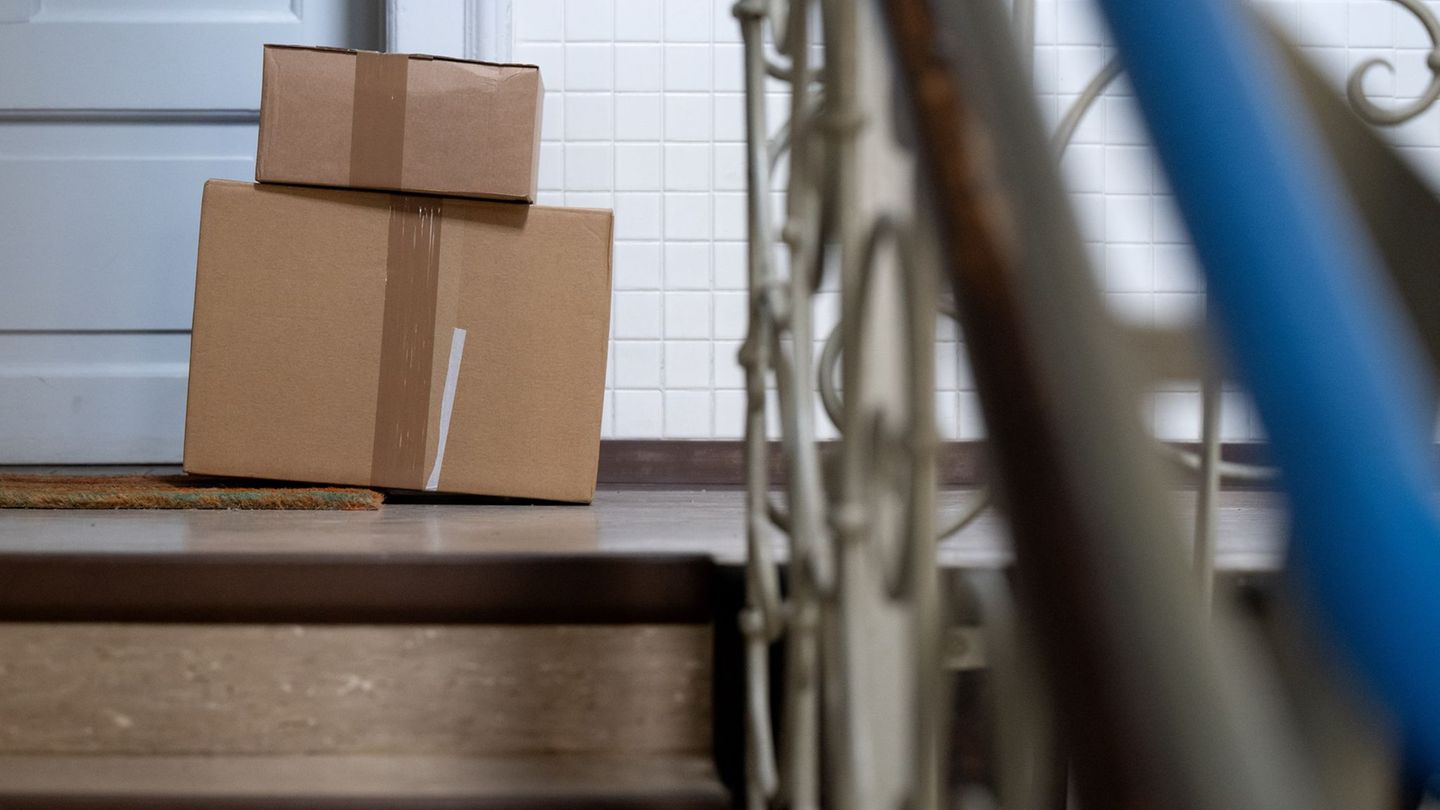Menu
Shopping on the Internet: Online trading can recover after a crash
Categories
Most Read
“White gold” from Down Under: Lithium giant Australia: engine of the global energy transition
October 26, 2025
No Comments
Daniel Artana’s warning about current exchange rate stability: It is a precarious balance
October 25, 2025
No Comments
Trade dispute: Trump announces additional tariffs against Canada
October 25, 2025
No Comments
the simple tips that will change your savings
October 25, 2025
No Comments
How to receive a refund of up to 100% of Buepp on the subway fare
October 25, 2025
No Comments
Latest Posts

Imogen Simmonds: Sex is to blame for false doping suspicions
October 26, 2025
No Comments
Imogen Simmonds Triathlete acquitted – sex to blame for positive doping test The triathlete Imogen Simmonds was the European Ironman champion, then she was accused

Actress June Lockhart: “Lassie” star dies at 100
October 26, 2025
No Comments
Lisa HarrisI am an author and journalist who has worked in the entertainment industry for over a decade. I currently work as a news editor

Donald Trump only wants to meet Putin once a deal is secure
October 26, 2025
No Comments
IvanI have been working in the news industry for over 6 years, first as a reporter and now as an editor. I have covered politics
24 Hours Worlds is a comprehensive source of instant world current affairs, offering up-to-the-minute coverage of breaking news and events from around the globe. With a team of experienced journalists and experts on hand 24/7.

